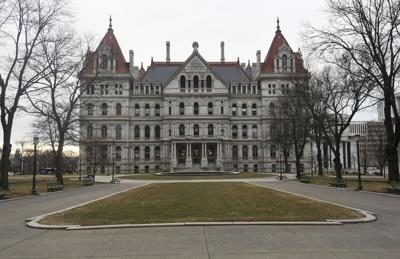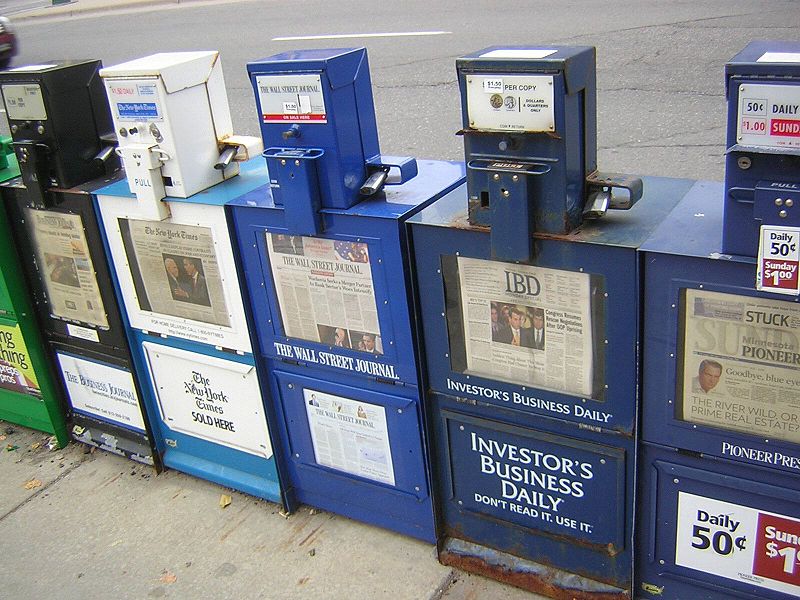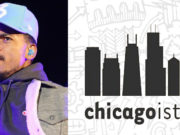Last week, the United States District Court for the Southern District of New York handed down a significant victory for First Amendment rights. In Citizens Union v. Attorney General of the State of New York, the court struck down, in its entirety, New York’s so-called “Ethics Law.” This law was one of the most far-reaching efforts by a government to violate privacy in association for civil society groups, and its fall should be celebrated.
The Ethics Law had two interlocking provisions, both of which were rushed through the New York State Legislature in the wee hours of the morning after 25 total minutes of debate on the final day of the 2016 legislative session.
One section (§ 172-f) forces the online publication of all donors giving $1,000 or more to a 501(c)(4) nonprofit organization if the group spends $10,000 making statements about legislative or administrative acts – including “potential” legislation. As the court characterized it, “§ 172-f requires disclosure whenever a 501(c)(4) engages in pure issue advocacy before the public.” In the Institute’s amicus brief before the court, we noted how easily a 501(c)(4) could fall into this trap:
A § 501(c)(4) dedicated to social justice employs a social media manager for $20,000 a year. The manager’s job is to post on the nonprofit’s Facebook, Twitter, Instagram, and Snapchat accounts. From time to time, she posts messages on Twitter stating that “Something needs to be done about gentrification. People need to stop being forced out of their communities!”
Once that tweet is sent, the full force of § 172-f could come into effect.
The law specifically targeted 501(c)(3) charities as well. While 501(c)(4)s (such as the American Civil Liberties Union or the Sierra Club) are, under federal law, given more latitude to electioneer, the same is not true for 501(c)(3)s (charities such as the American Cancer Society), which are prohibited from engaging in any electoral intervention. Nonetheless, § 172-e of New York’s Ethics Law demanded the donor lists of such organizations if the charity provides “staff, staff time, personnel, offices, office supplies, financial support of any kind or any other resources” to a 501(c)(4) that engages in lobbying. As the court noted, “[s]uch disclosures are required whether or not the 501(c)(3) donor intended to support a 501(c)(4) or exercised any control over the 501(c)(3)’s donation to the 501(c)(4).”
The district court’s lengthy, 67-page opinion recounts the sordid history of the law’s 4:50 a.m. passage through the Legislature as well as repeated broken promises by the New York government that it would issue regulations to limit the law’s reach.
The bulk of the opinion is reserved for a tour de force review of major donor disclosure judicial precedents, which the court helpfully divides into two categories: “Cases Striking Down Disclosure Requirements as Facially Overbroad” and “Cases Upholding Disclosure Requirements.” So, the court refers to the Supreme Court’s language in McIntyre v. Ohio Elections Commission, 514 U.S. 334 (1995) that “[t]he simple interest in providing voters with additional relevant information does not justify” a government to force a speaker to make “disclosures she would otherwise omit” – but also discusses the narrowing construction imposed on the Lobbying Act when the Supreme Court upheld that law in United States v. Harriss, 347 U.S. 612 (1954).
After this comprehensive review, the district court applied exacting scrutiny to both provisions of the law. Broadly speaking, exacting scrutiny puts the onus on the government defending a disclosure law to demonstrate that the law is properly tailored to further a sufficiently important governmental interest without sweeping up too much protected activity.
The court found that “Section 172-f sweeps far more broadly than any disclosure law that has survived judicial scrutiny. It is not confined to disclosure where the entity engages in express advocacy for a candidate or electioneering.” At the same time, the government’s rationale for the law – “revealing ‘the funders of issue advocacy’” was “an informational interest of such breadth” so as to be untenable; it would sweep up virtually all discussion of public issues. Accordingly, § 172-f flunked exacting scrutiny.
The court was equally unimpressed with the government’s arguments in defense of § 172-e, noting that Supreme Court precedents have only “required disclosure of those contributing to candidates, to campaigns supporting identified candidates, or to direct lobbying of legislators or their staffs. None have approached the tangential and indirect support of political advocacy” burdened by the law’s regulation of charities. Furthermore, the court determined that the government’s arguments for the law’s tailoring were a smokescreen – New York provided “no developed argument connecting” its rationales for the law with its all-encompassing reach.
First Amendment supporters should welcome this wholesale thrashing of New York’s effort to undermine the privacy of civil society groups and charitable organizations. Too often, those in favor of more disclosure pretend as if there is no legal downside to seeking an ever-expanding universe of information because “sunlight is the best disinfectant.” This has emboldened legislators to press for increasingly radical disclosure regimes, which ultimately would render much of the private aspect of civil society illegal.
Undoubtedly, New York will appeal, but for now at least, a federal court has finally said “enough is enough.”














